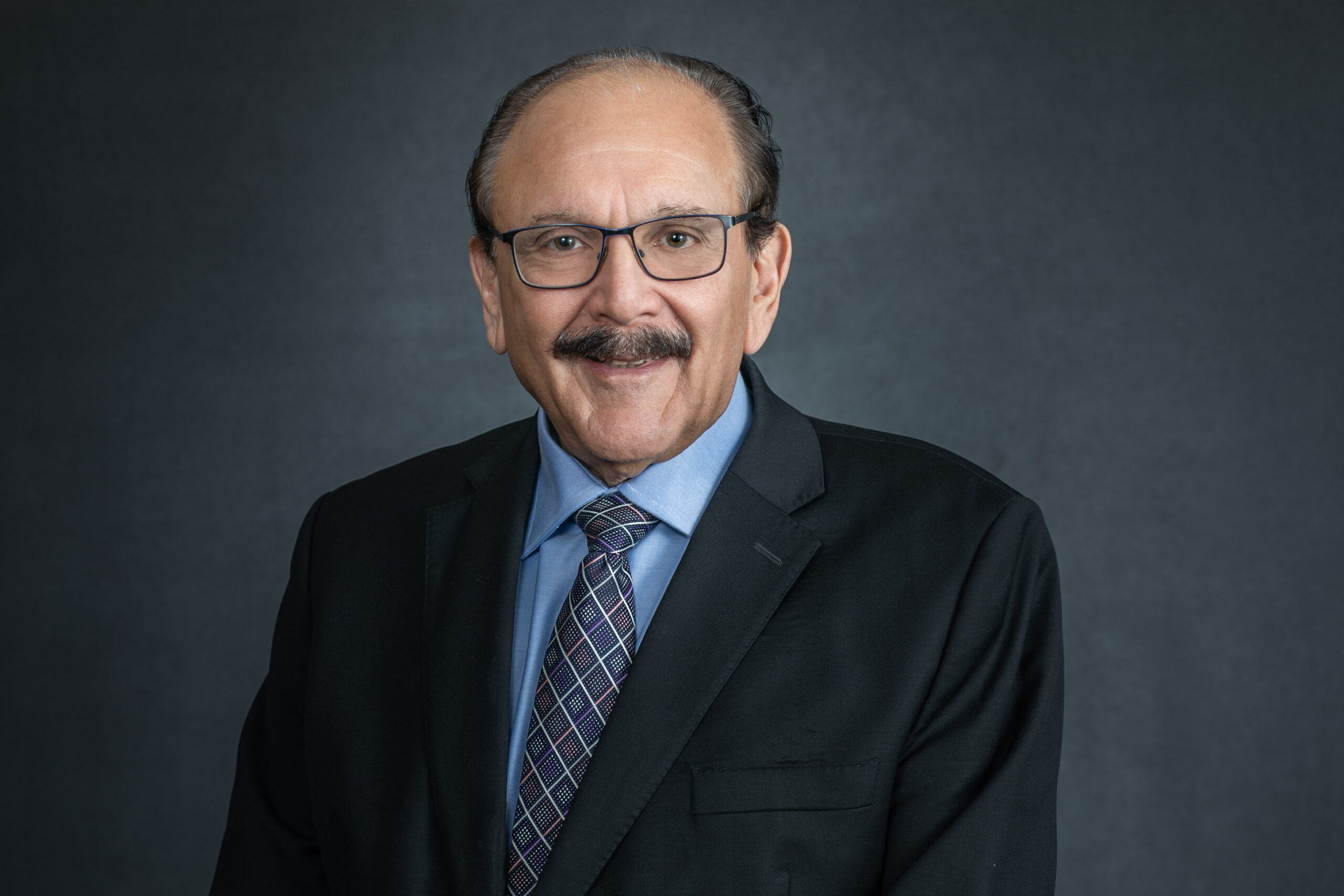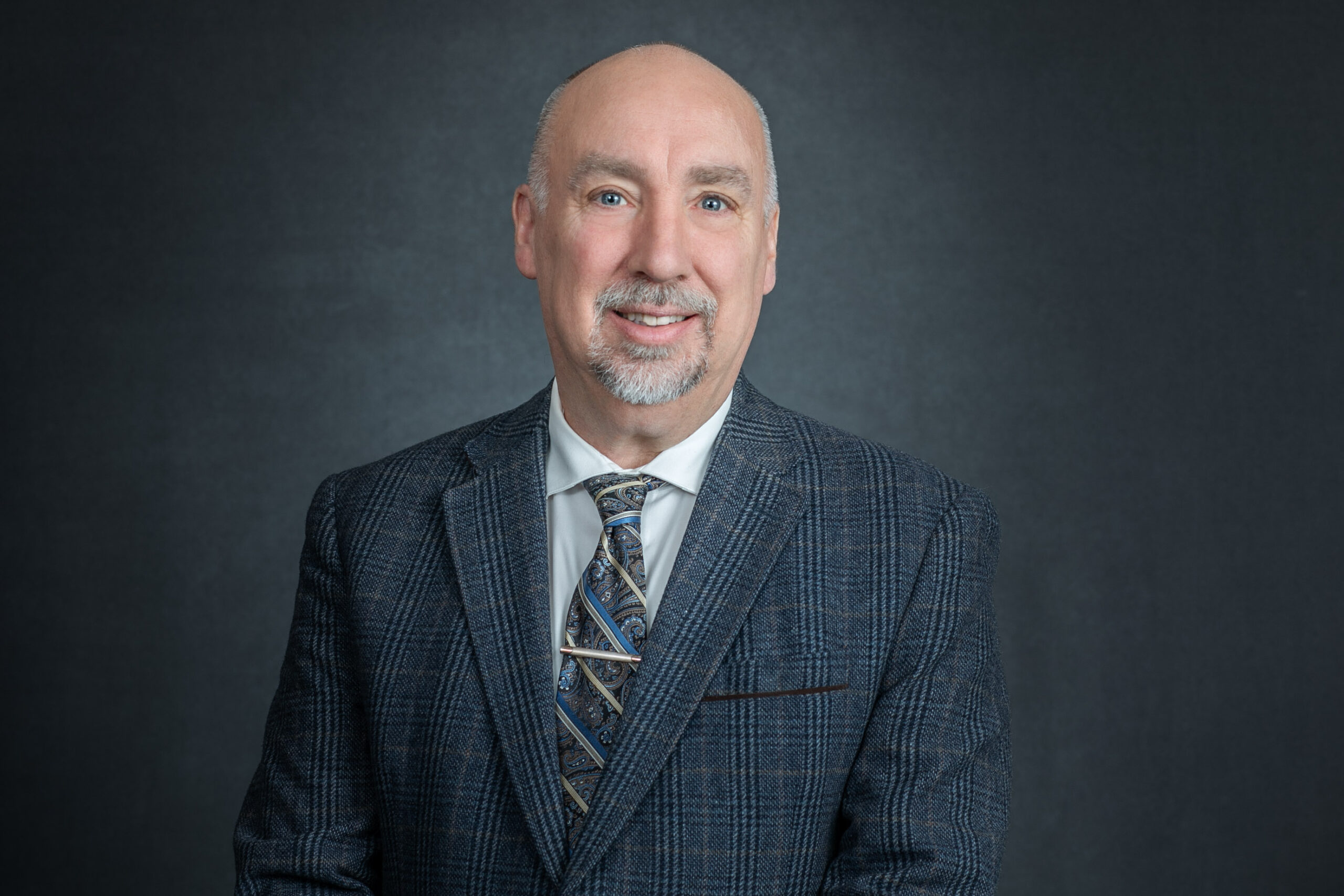
After filing bankruptcy, many people wonder if it’s possible to enjoy such benefits again. They may even have a home in mind. Those who have such a history can take heart. It is possible to buy a home even after a bankruptcy. However, it’s important for people to do their homework before they begin.
It May Take Time
One thing to keep in mind is that may take some time to buy a home after bankruptcy. A lender may ask people to show they have what it takes to avoid a foreclosure and pay the mortgage on time each month. Most people will file Chapter 7 or Chapter 13 bankruptcy. In general, lenders are looking for evidence that the home buyer has the means to manage their finances, afford the home they want and keep the home well maintained. To that end, they expect any prospective mortgage applicants to provide evidence that will depend on the type of bankruptcy they declared. Chapter 7 and Chapter 13 applicants will need to meet different requirements that can also vary depending on the loan company.
Chapter 7 Bankruptcy
This is a faster form of bankruptcy that lets people keep at least some of their assets and then use the remains to discharge their existing debts. However, it will remain on the creditor’s record for many years. People who have a Chapter 7 bankruptcy as part of their credit history have essentially a clock that begins when they file bankruptcy. Buyers who want to qualify for a government-subsidized mortgage such as an FHA loan or one through the Veterans’ Administration may only be required to wait two years from that first filing before they can apply for the loan. A convention mortgage may require up to four years before the buyer can qualify for a mortgage.
Chapter 13 Bankruptcy
Chapter 13 bankruptcies typically require the filer to agree to pay back any debt over a period of time. During this time, the filer must adhere to a certain budget. In general, they can qualify for a standard conventional loan through many lenders in as little as two years after filing this kind of bankruptcy. Qualifying for a loan from government organizations can be even quicker. The mortgage seeker may be able to get a loan in roughly twelve months from the time they file. Applicants should keep in mind that they might need to get permission from the people supervising their bankruptcy in order to take on additional debt.
Foreclosure
A foreclosure is when the homeowner walks away from a mortgage because they can’t pay it. The foreclosure is a different form of bankruptcy and has different rules that govern other types of bankruptcies. Like other forms of bankruptcy, the person will face a seasoning period in which they may not be able to qualify for a mortgage at all.
What Must be Done
For the foreclosure, the buyer will usually face at least a seven year wait before qualifying for a mortgage again. Under certain circumstances such as foreclosure for medical reasons, they may qualify in as little as three years for another mortgage. People who choose a short sale may qualify for a conventional loan in about four years while qualifying for an FHA loan in only three. Those who apply for any kind of mortgage after the foreclosure may face more stringent requirements. In general, they’ll need to have at least ten percent of the home value saved first.
None of the content on this article consitutes legal advice. Please contact our office to speak with an attorney on such matters.






